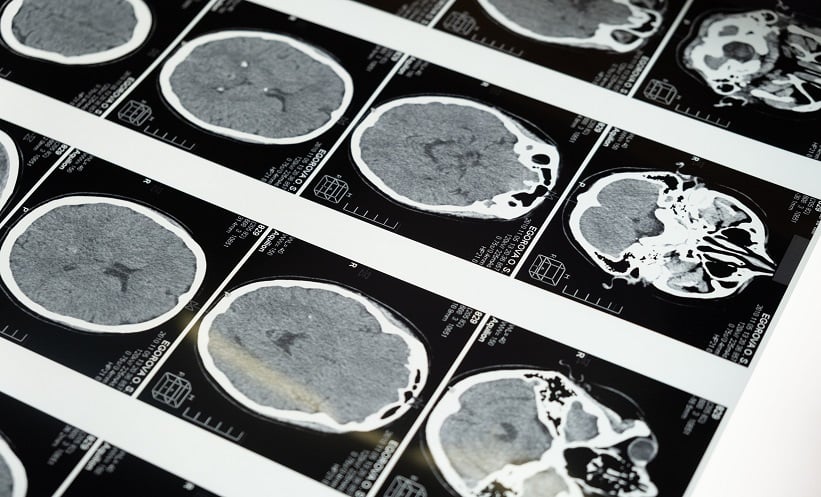YOUNG adults prescribed stimulant medication for attention deficit hyperactivity disorder (ADHD) have worse heart health, specifically a higher risk of developing cardiomyopathy, compared to those not taking stimulants, according to research presented at the American College of Cardiology (ACC)’s Annual Scientific Session.
ADHD is a neurodevelopmental condition characterised by persistent patterns of inattention, hyperactivity, and impulsivity. It affects approximately 7–9% of children worldwide, continuing into adulthood in about 60% of cases. Regarding medication, there are two main types: stimulants that act to increase neurotransmitters like dopamine and norepinephrine in the brain, or non-stimulants that target different neurotransmitter systems and are generally slower acting.
Whilst previous research has shown no cardiomyopathy risks from short-term stimulant use, this study aimed to uncover long-term risks for cardiomyopathy. “The longer you leave patients on these medications, the more likely they are to develop cardiomyopathy, but the risk of that is very low,” said Pauline Gerard, a second-year medical student at the University of Colorado School of Medicine in Aurora, and the study’s lead author.
Data from over 12,000 pairs of individuals with and without stimulant prescriptions were analysed, with researchers concluding that prescribed stimulants were more likely to develop cardiomyopathy over a 10-year period. Stimulant medications like amphetamine and dextroamphetamine, and methylphenidate were associated with a 17% increased risk of cardiomyopathy at 1 year, and a 57% increased risk at 8 years.
Despite the increased risk, researchers emphasise that the overall risk of cardiomyopathy remains relatively low, and clinicians may not need to change their approach to prescribing stimulants. Regarding future work, the researchers recommend identifying high-risk subgroups, which could receive cardiovascular testing.








